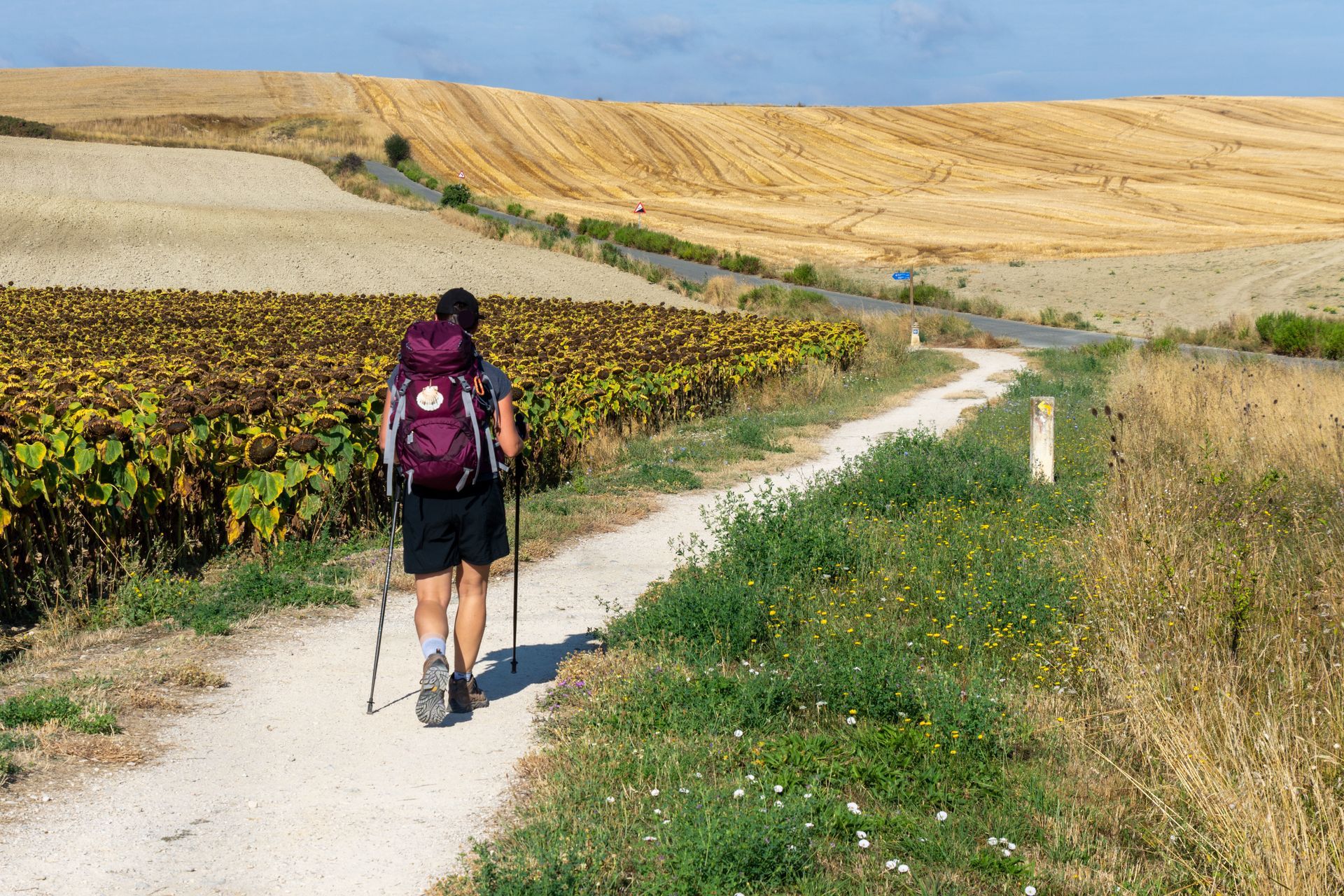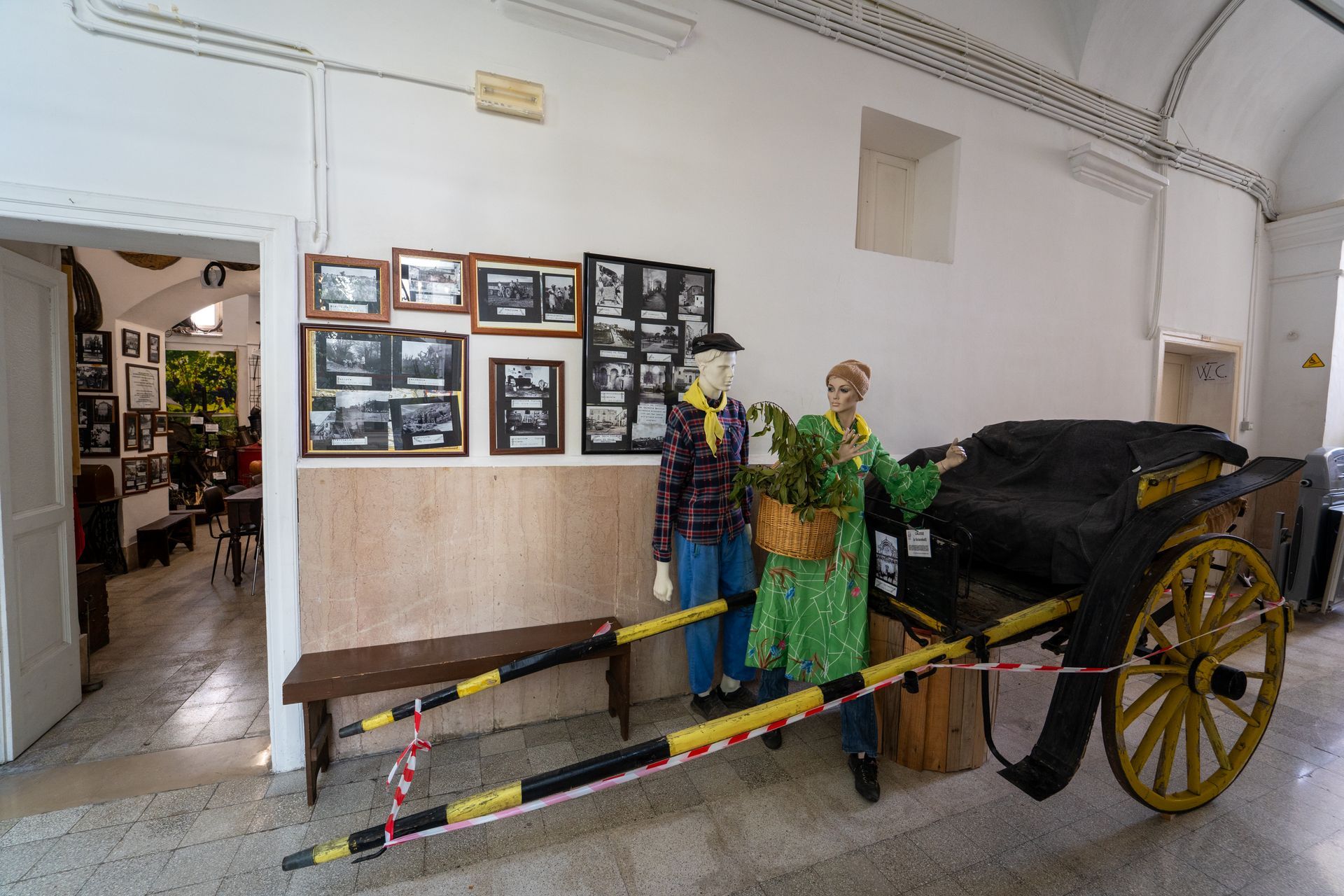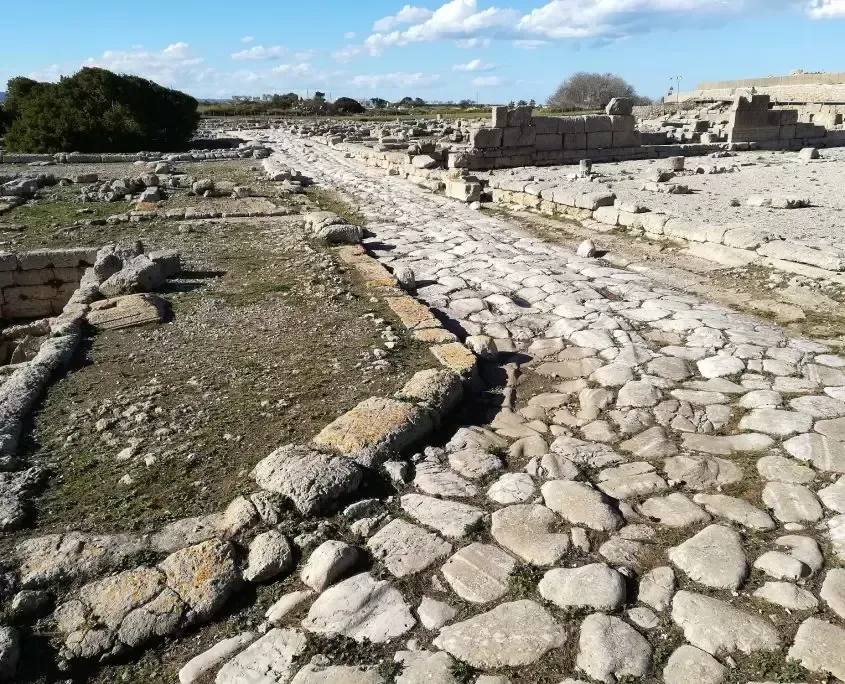Characteristic Historic Paths and Routes of Troia
Discover with us the historical paths that characterise the spirituality of Troia

The legacy of the Via Francigena
A path of spirituality and culture
The Via Francigena is an ancient pilgrimage route that connects Canterbury to Rome, also passing through the territory of Troia. This historical path, marked by churches, monasteries, and sanctuaries, represents a trail of spirituality and culture that has inspired generations of travellers over the centuries. Along the Via Francigena, pilgrims can immerse themselves in the beauty of the rural landscapes and the mystical atmosphere of the medieval towns and villages, encountering the hospitality and generosity of the local people along the way. Troia, with its millennia-long history and deep-rooted traditions, represents an essential stop along this route, offering pilgrims a warm welcome and an authentic experience of spirituality and culture.

The Pilgrim's Hostel of Troia
Following in the footsteps of ancient pilgrims
The Pilgrim Hostel of Troia welcomes wanderers along the ancient routes of pilgrimage, providing them with a warm and comfortable refuge. Situated along the Via Traiana, the hostel serves as a crucial resting point for pilgrims travelling this historic path, offering not only a warm bed and a nutritious meal but also a space for gathering and sharing experiences. Carefully and dedicatedly managed, the hostel is a place where the tradition of Troian hospitality merges with modern amenities, creating a unique and unforgettable experience for travellers from all backgrounds.

Discovering the Via Traiana
A route of ancient trade routes
The Trajan Way represents one of the most significant historical paths that traverse Troia, testifying to the strategic importance of the city since antiquity. Built by Emperor Trajan in the 2nd century AD, this road connected Rome to Brindisi, serving as a vital route for communication and trade between Italy and the East. Today, pilgrims and history enthusiasts can follow the traces of this ancient road, which crosses the Troian territory, offering an extraordinary journey into the past and the cultural heritage of the region.
Come and visit Troia, an Organge Flag village of the Italian Touring Club and a city of art

The meeting point between art, culture, and nature
MENU
Subscribe to the newsletter
Leave your email and subscribe to our newsletter
Contact us
Thank you for contacting us.
We will respond as soon as possible.
An error occurred while sending the message.
Please try again later.









